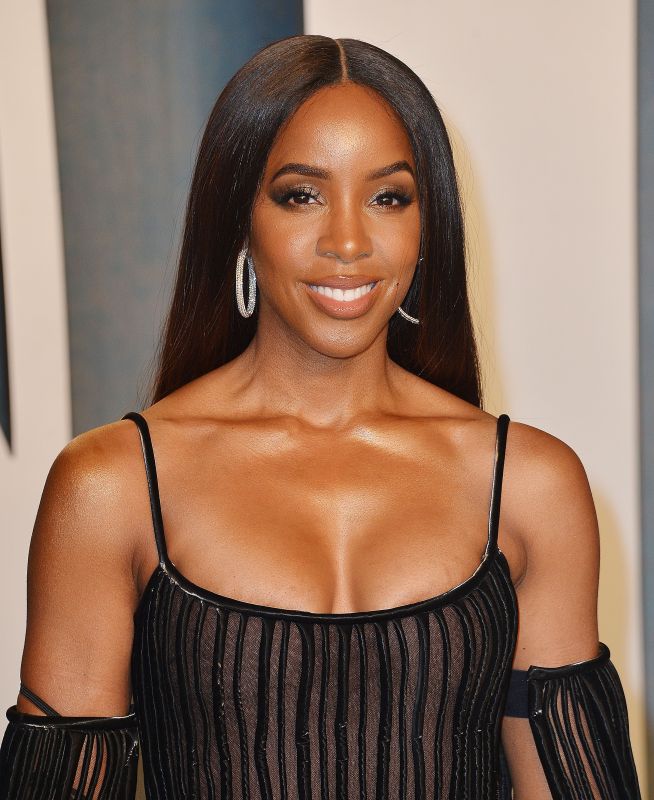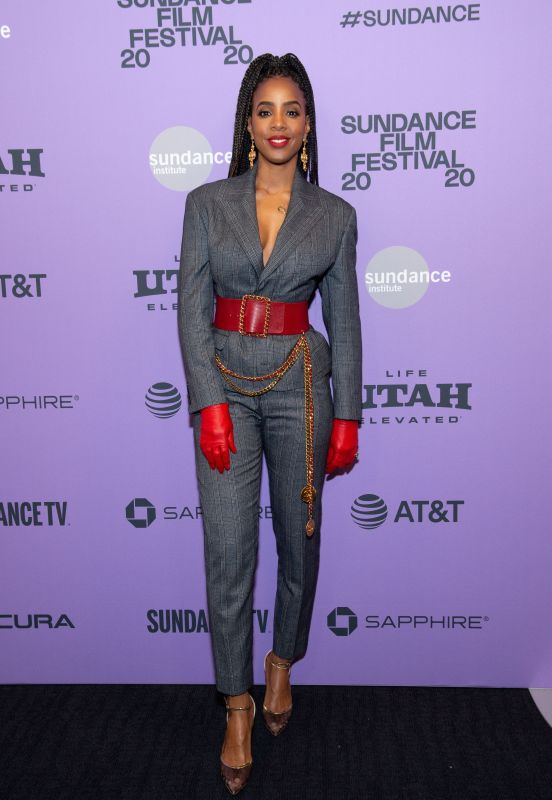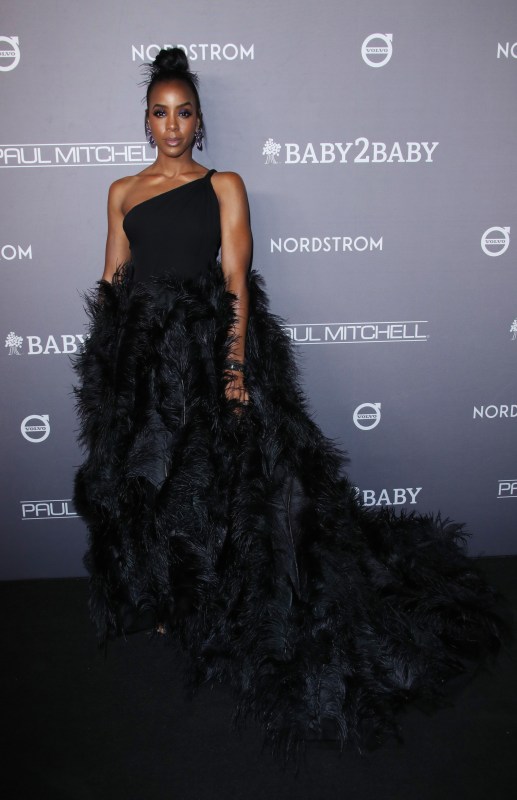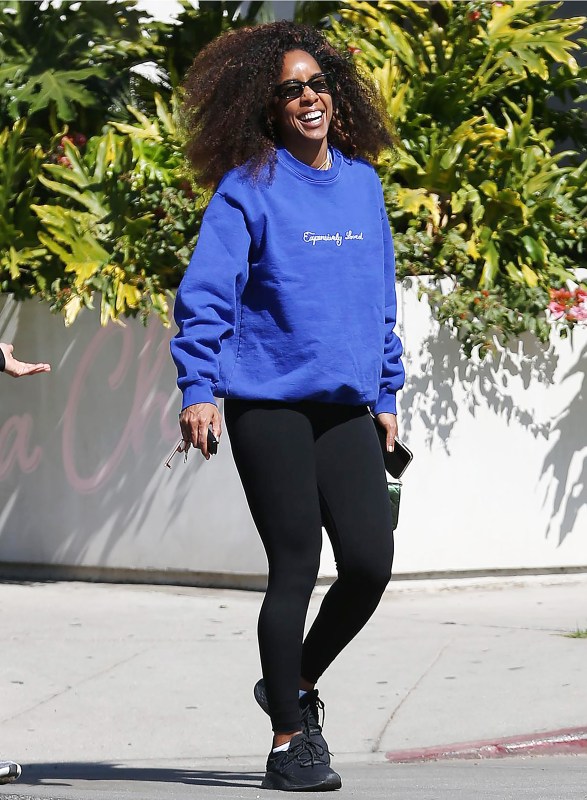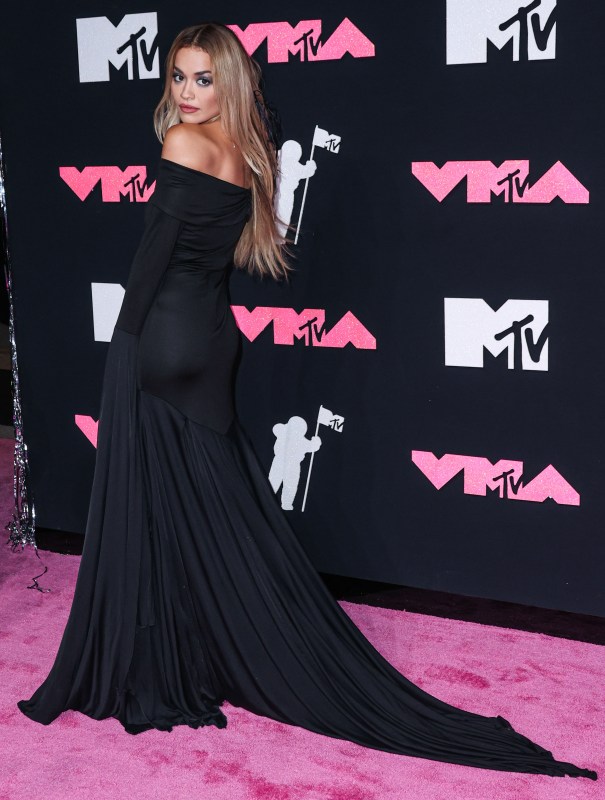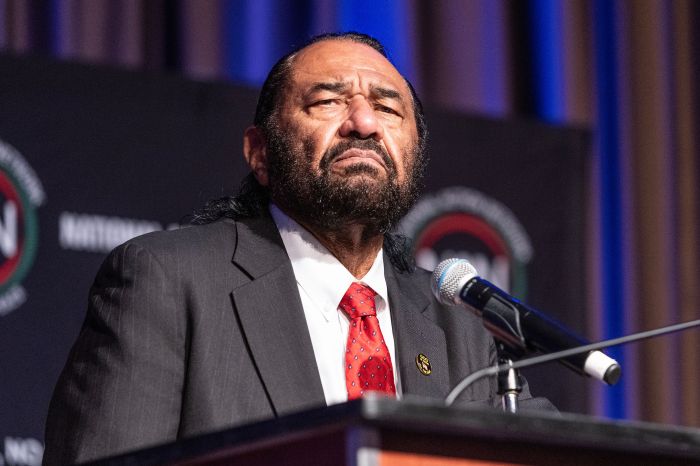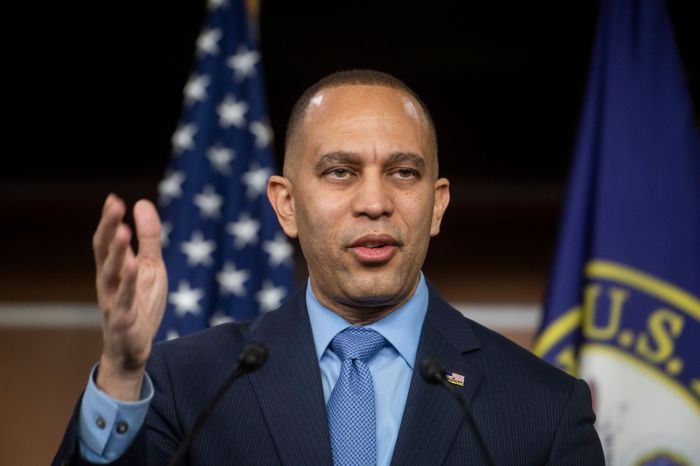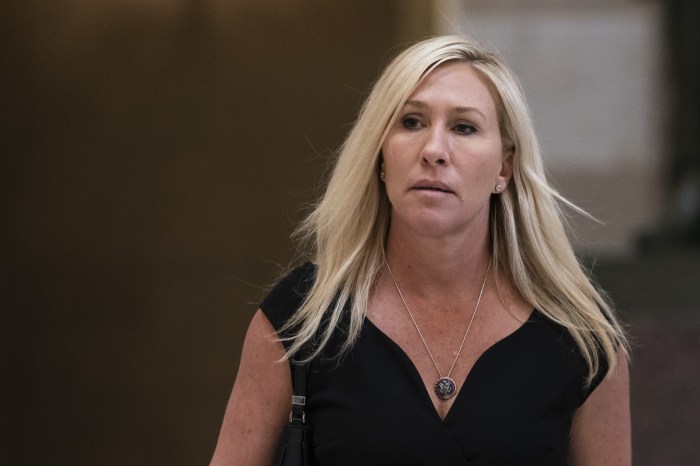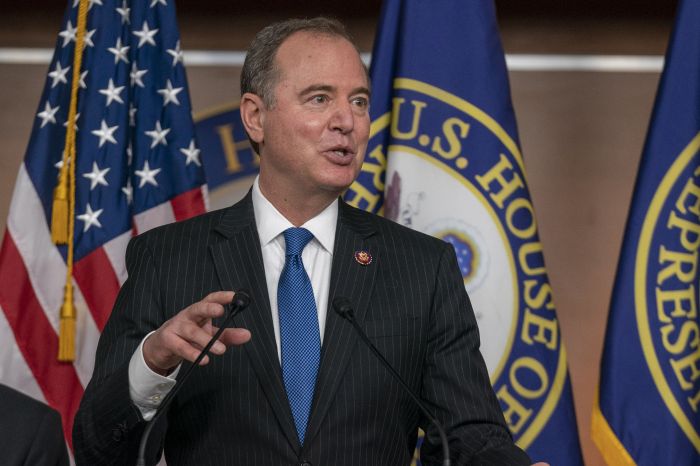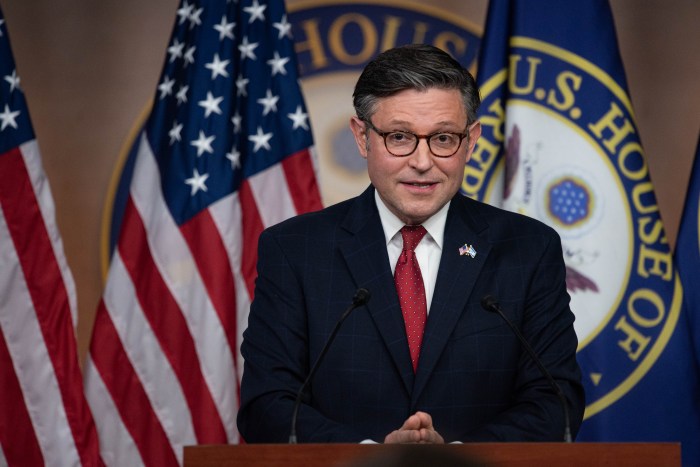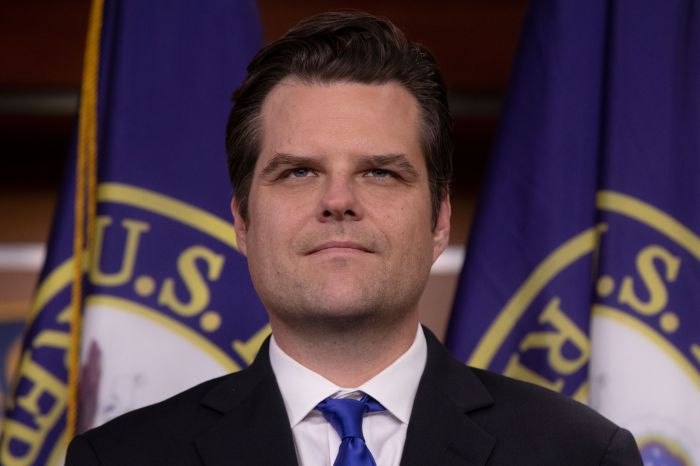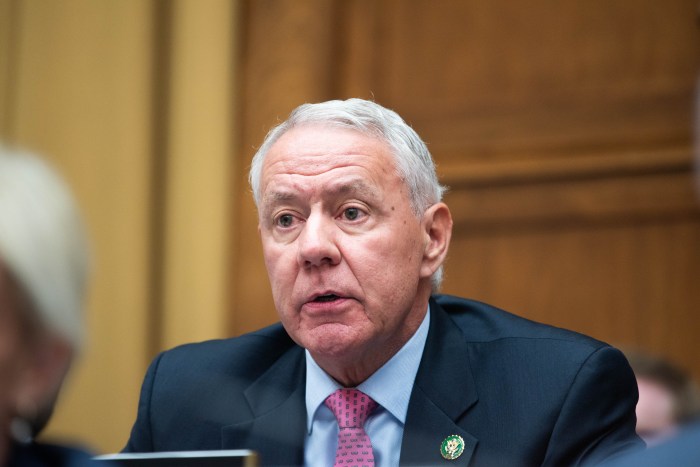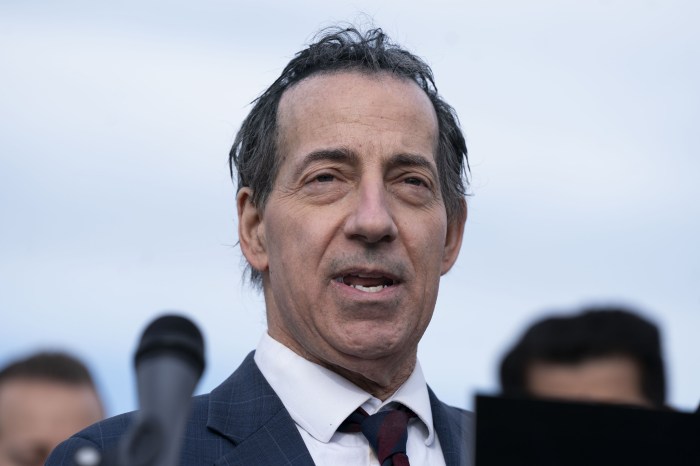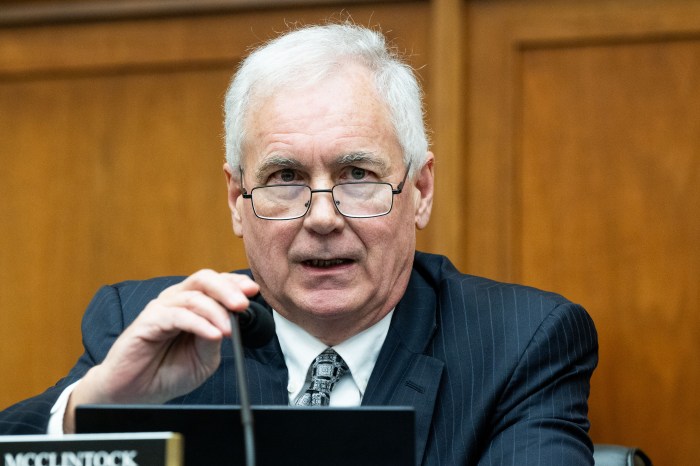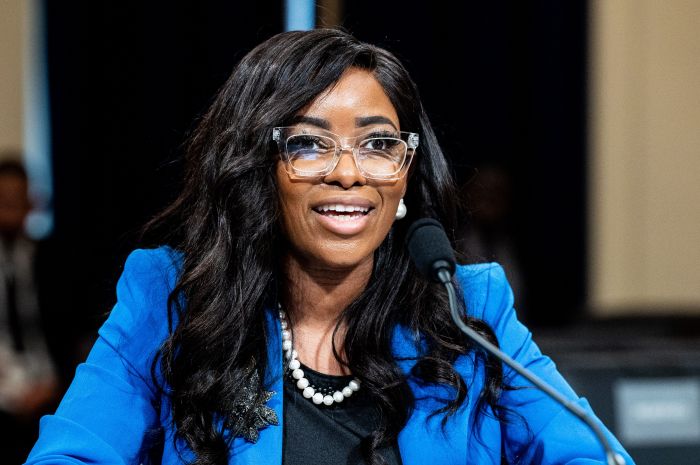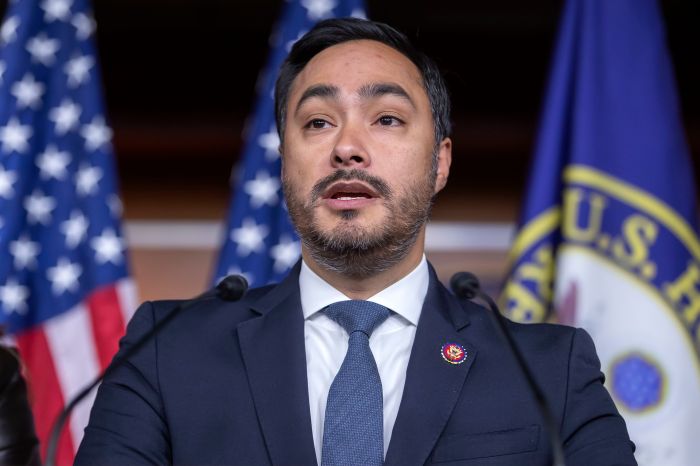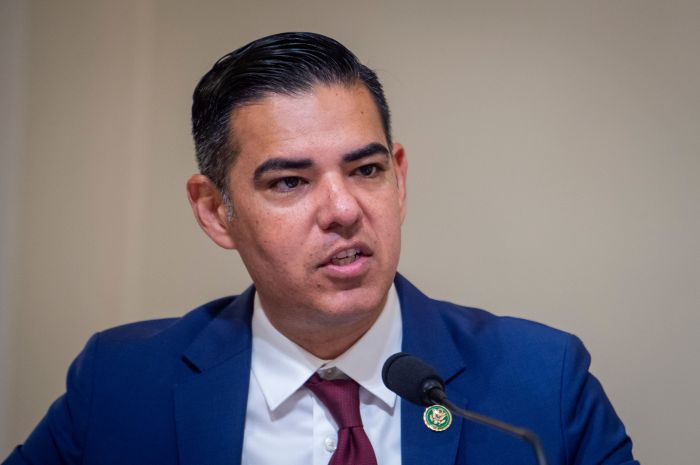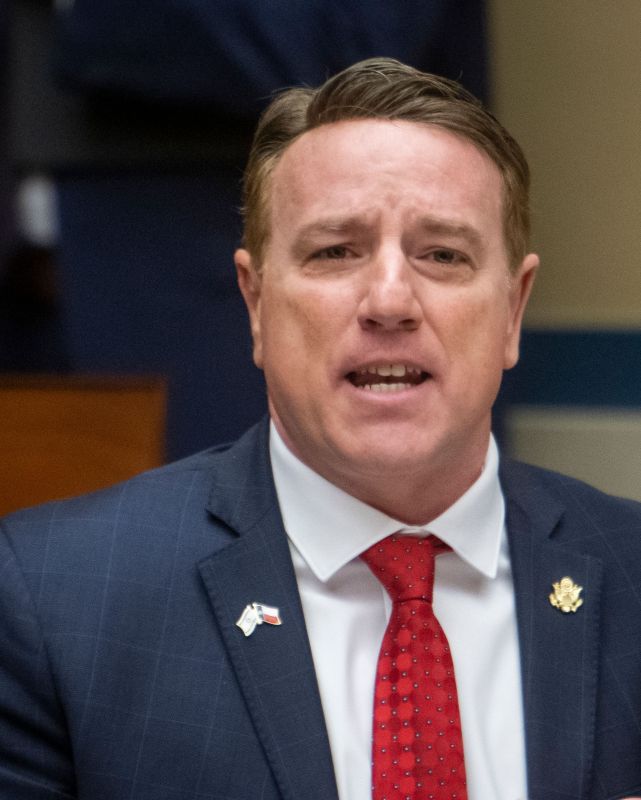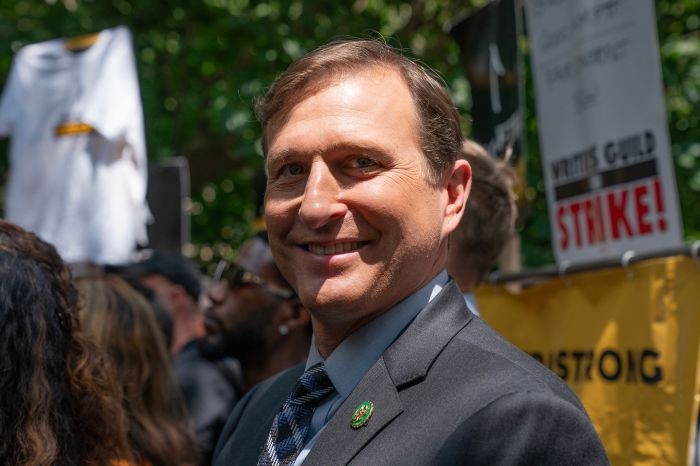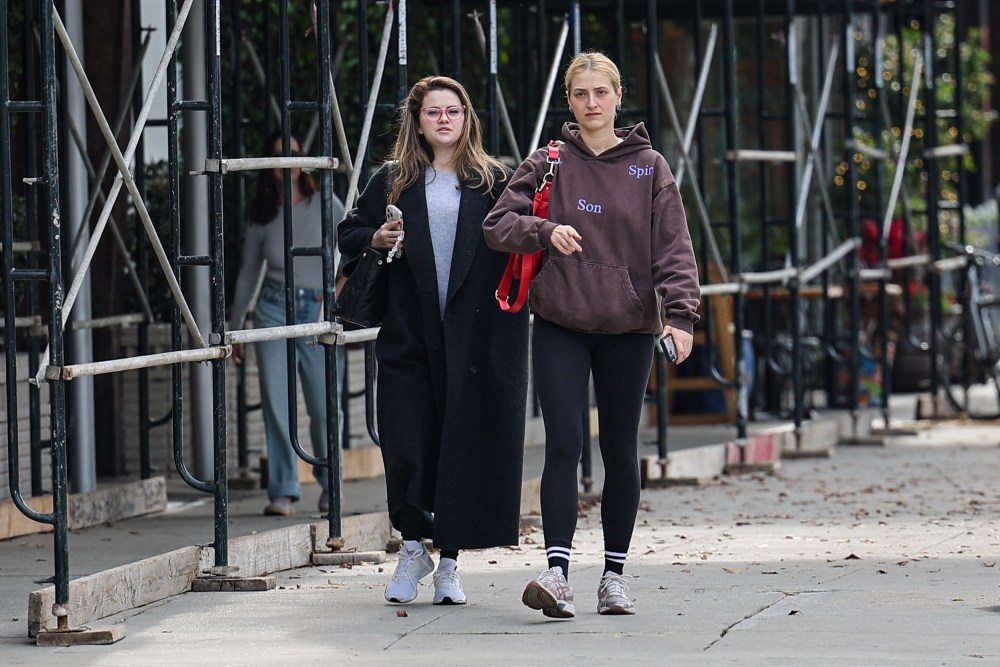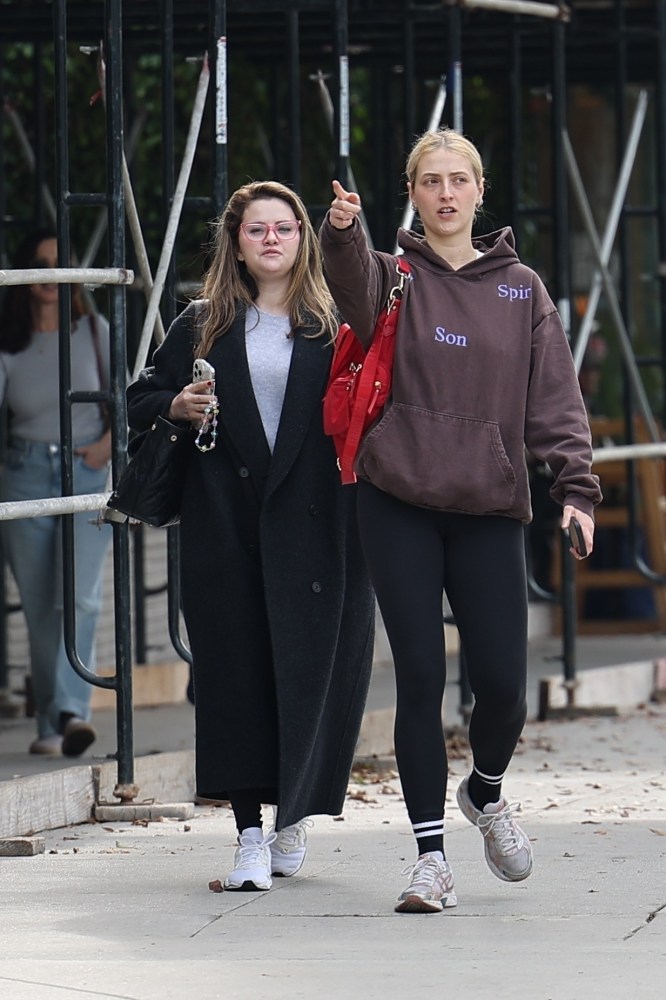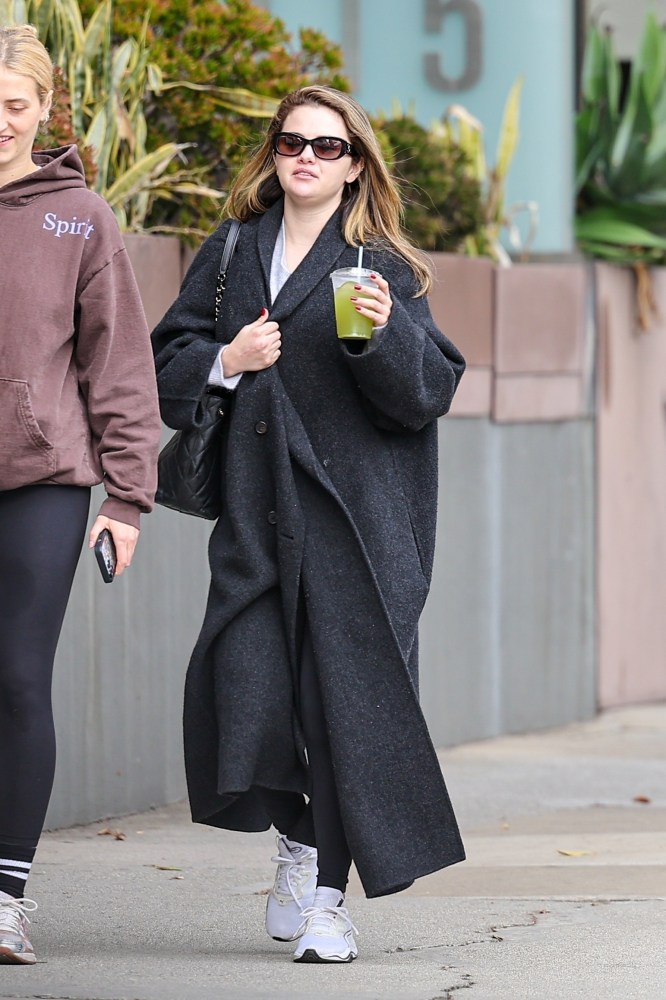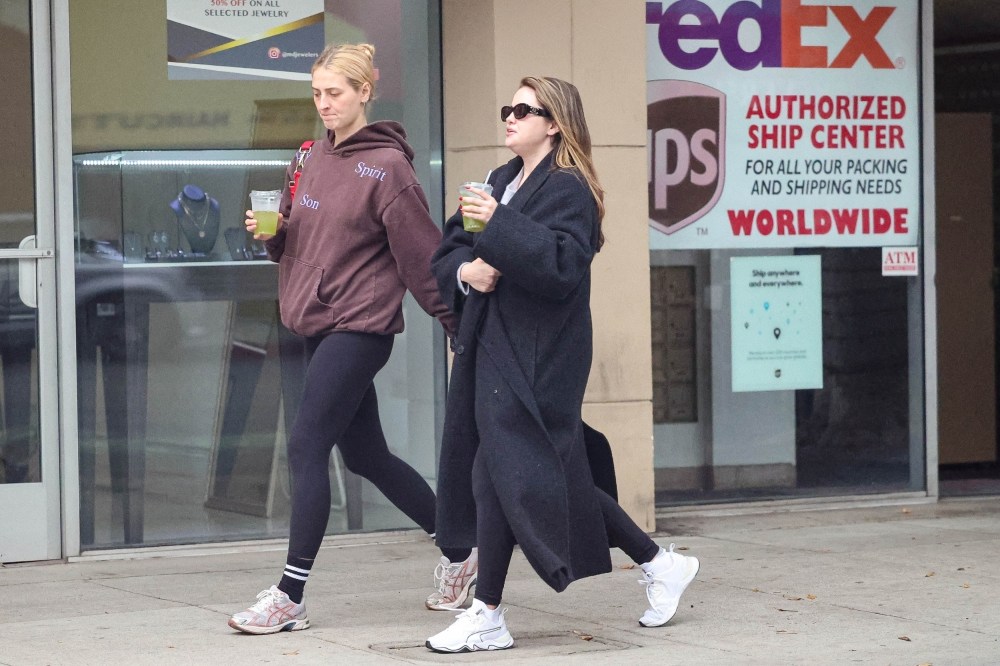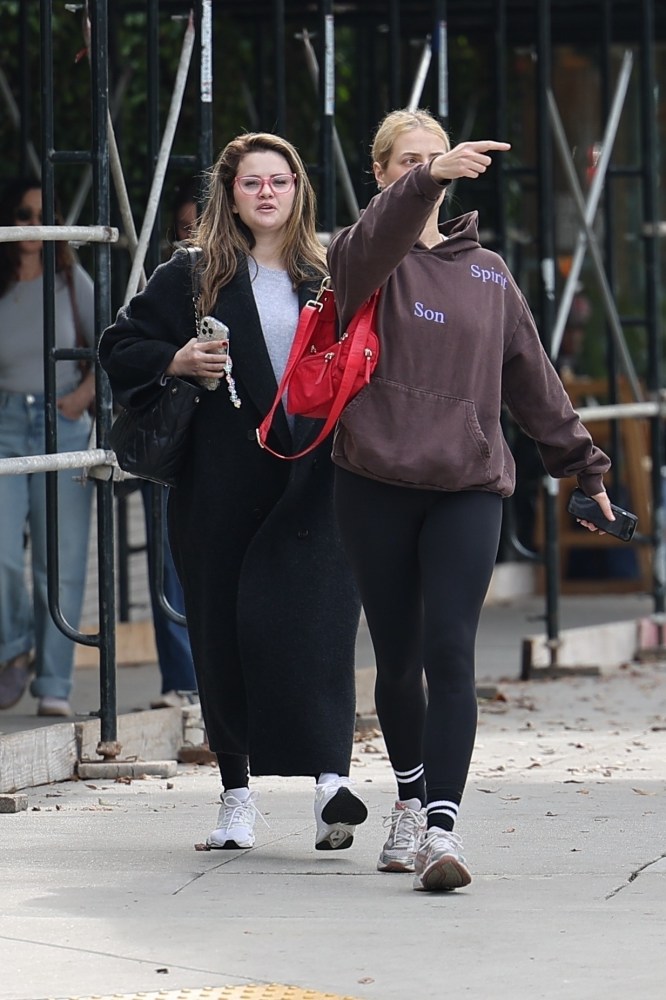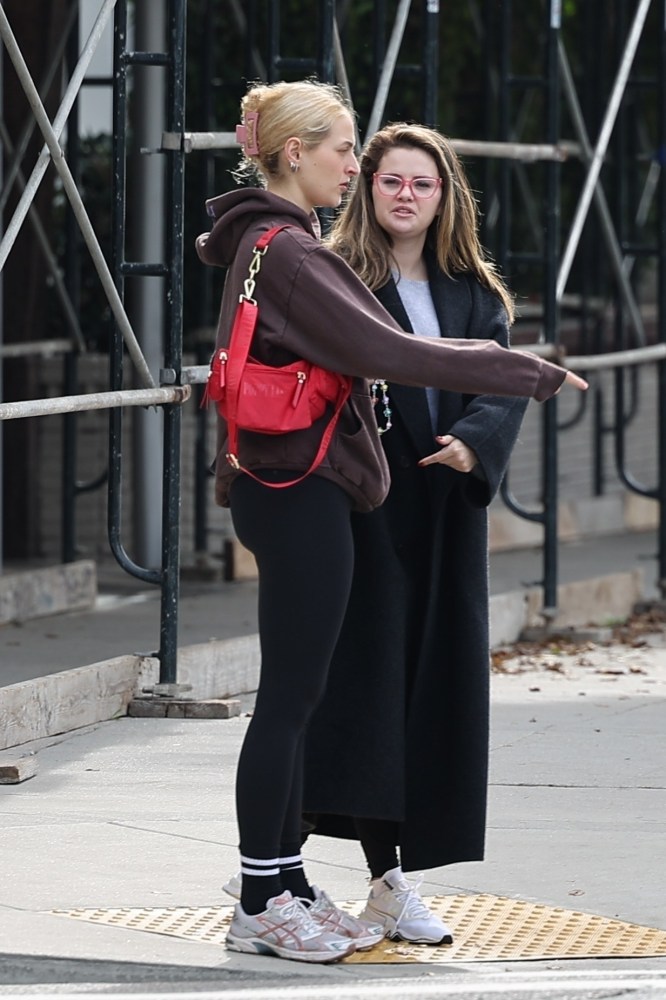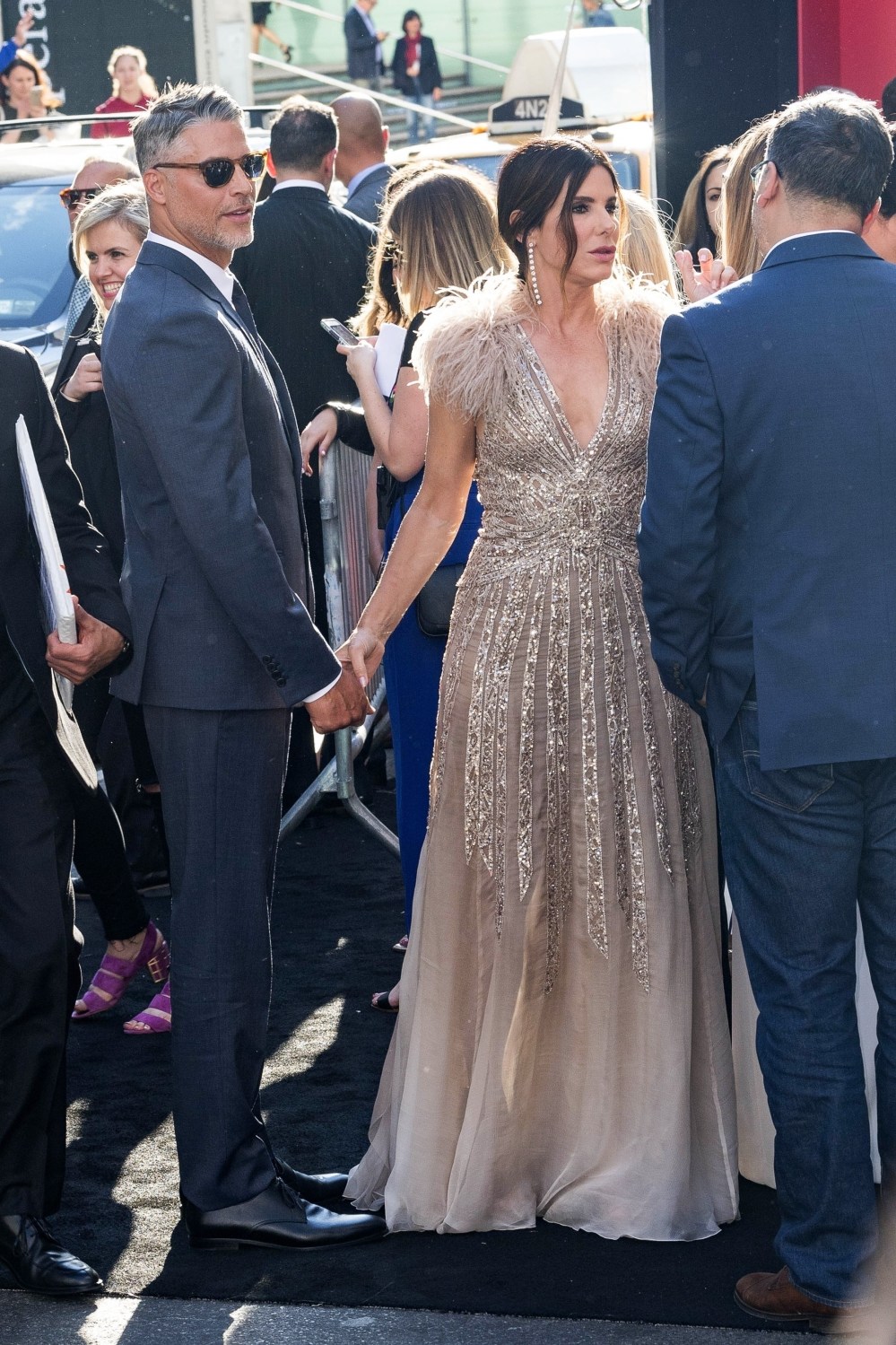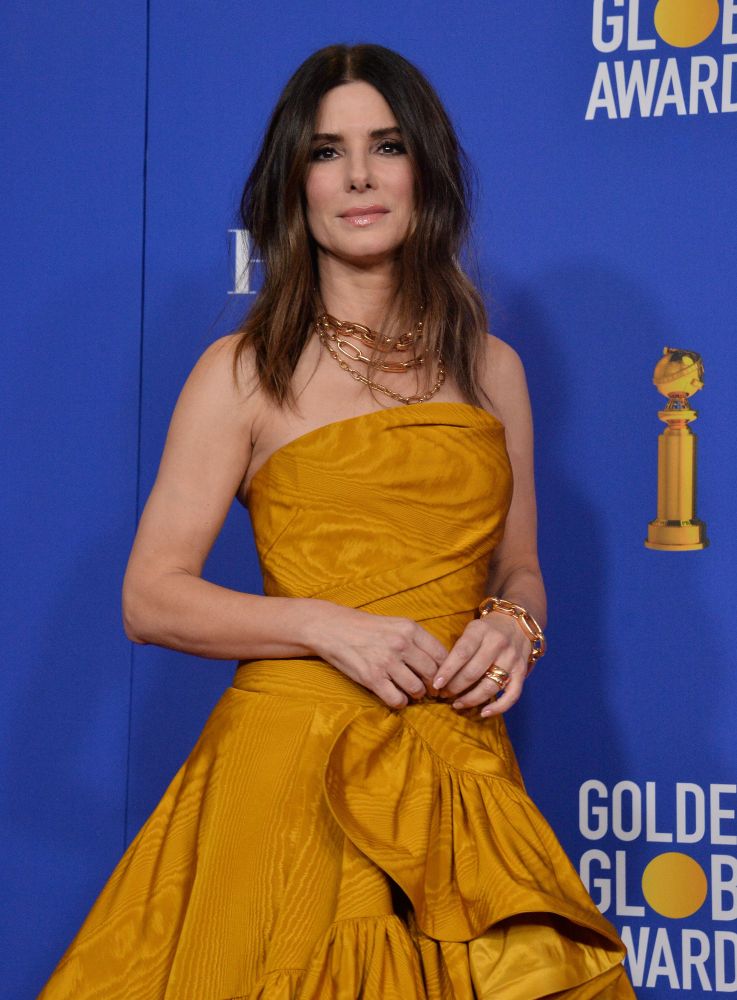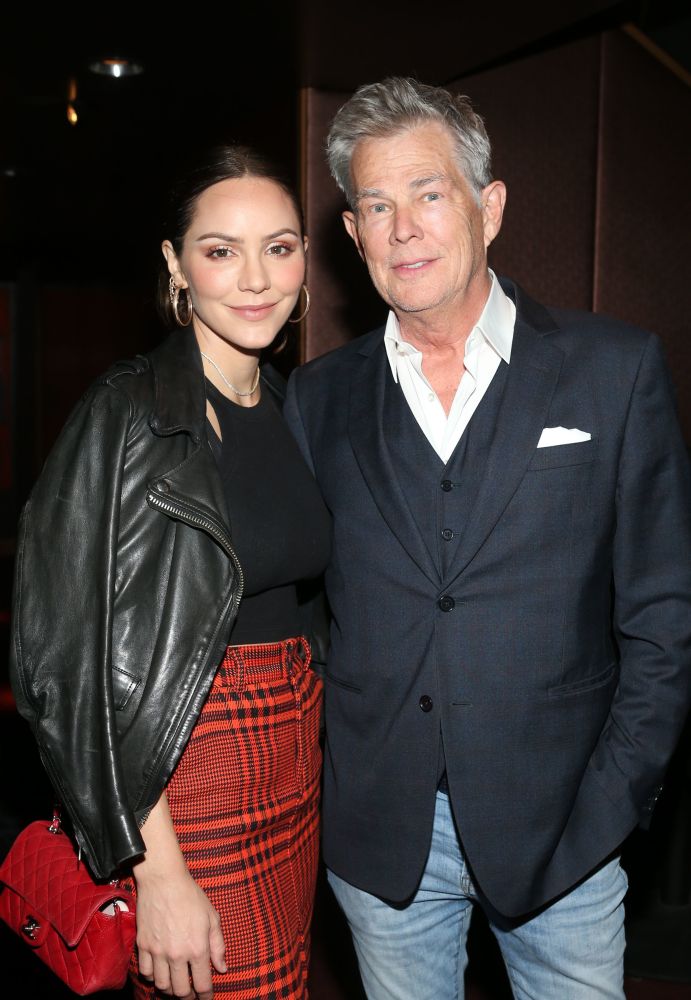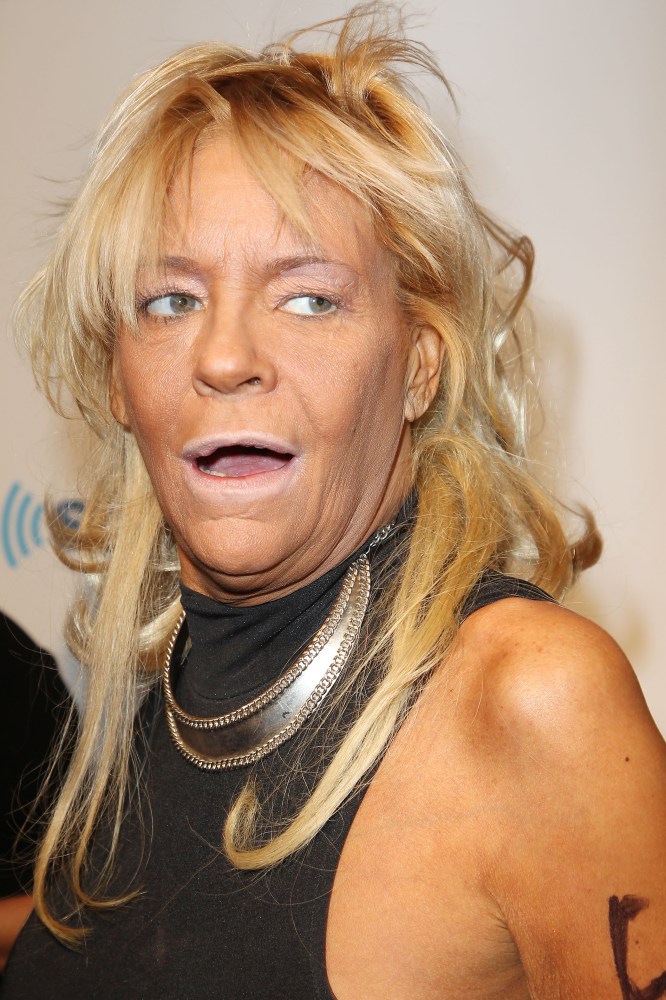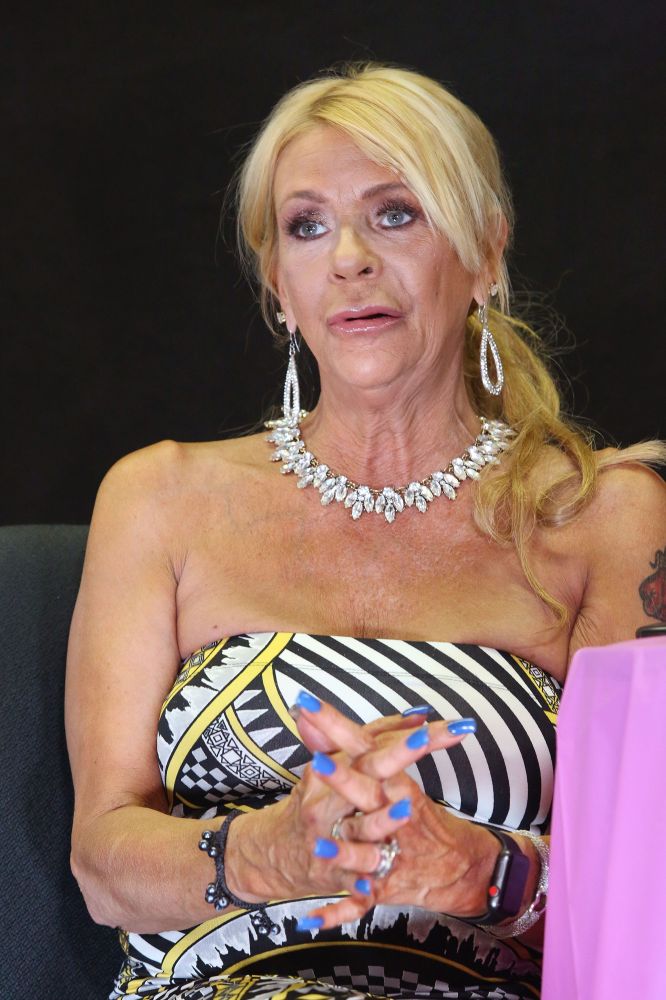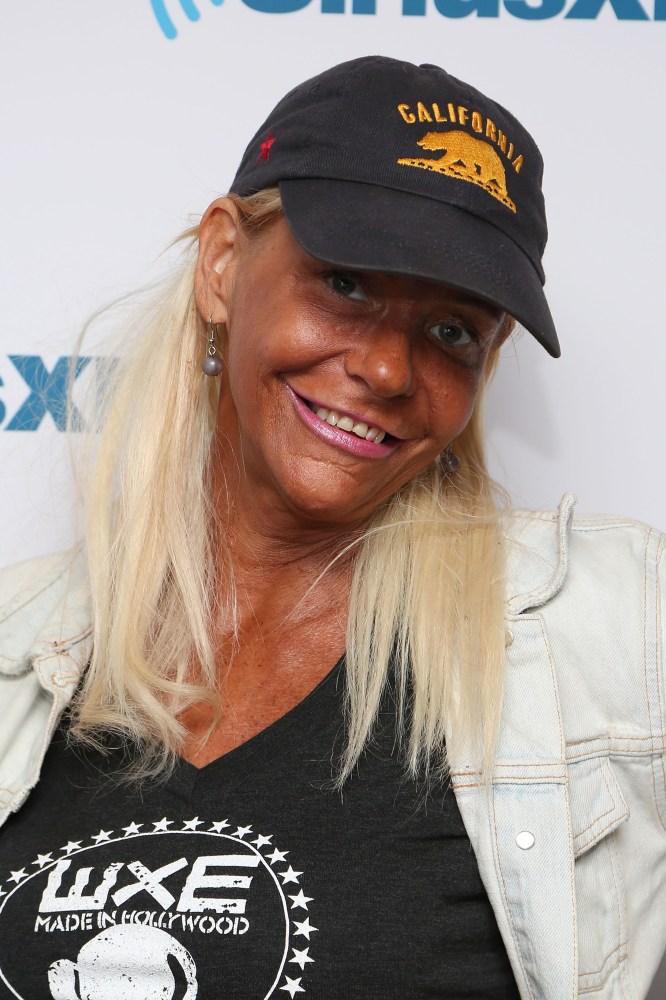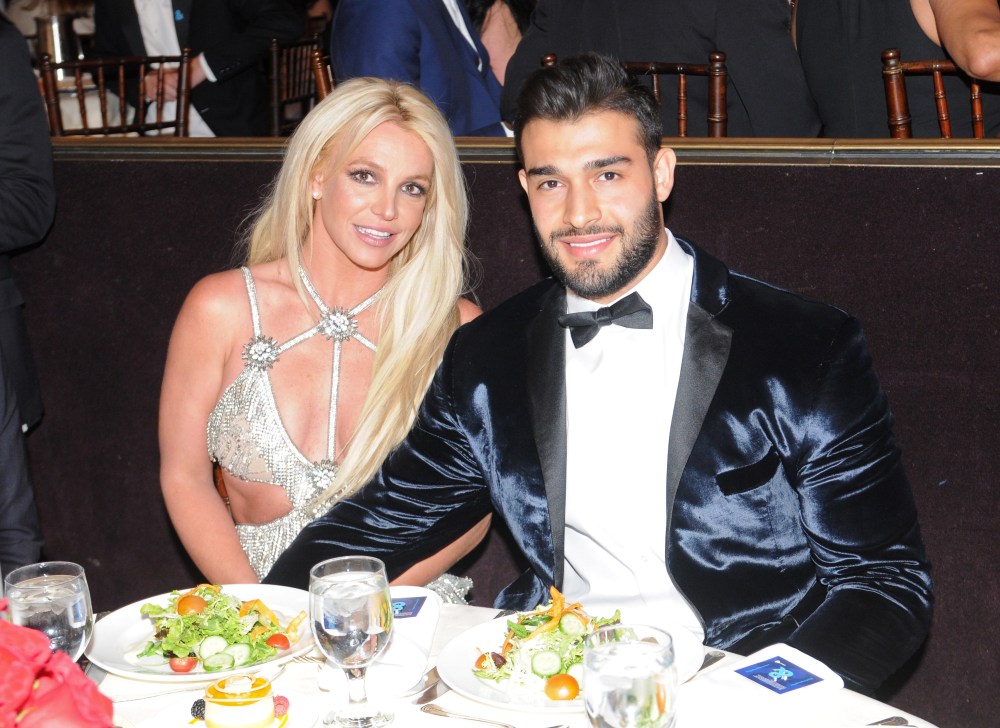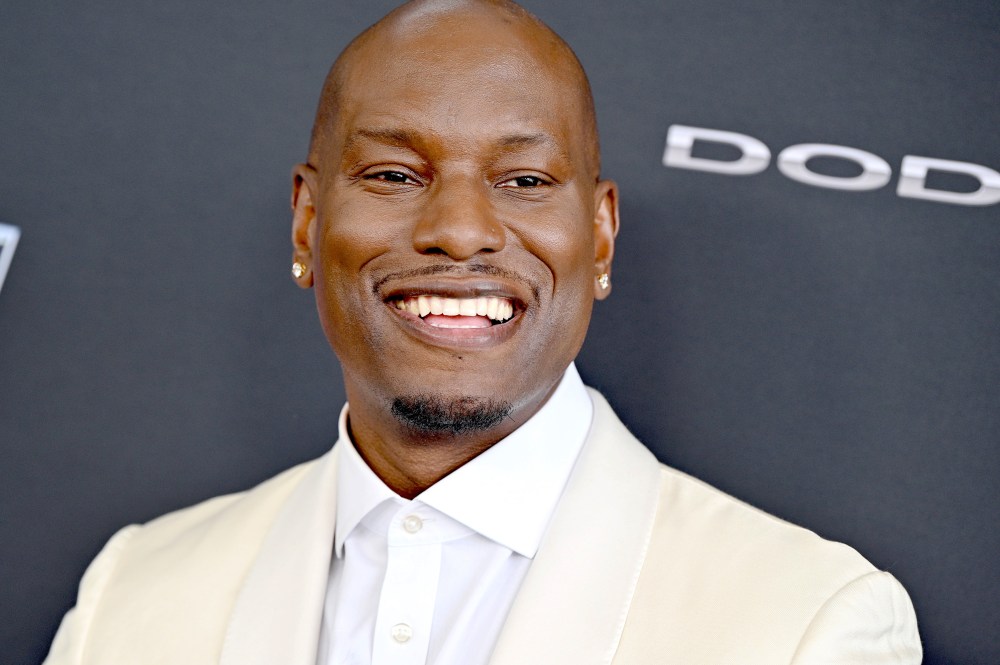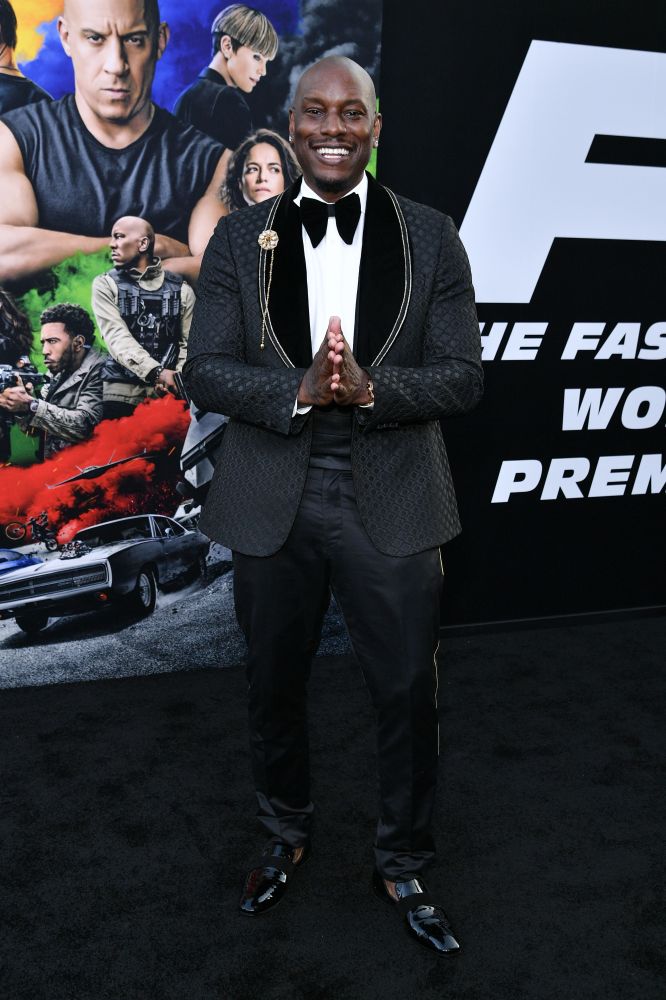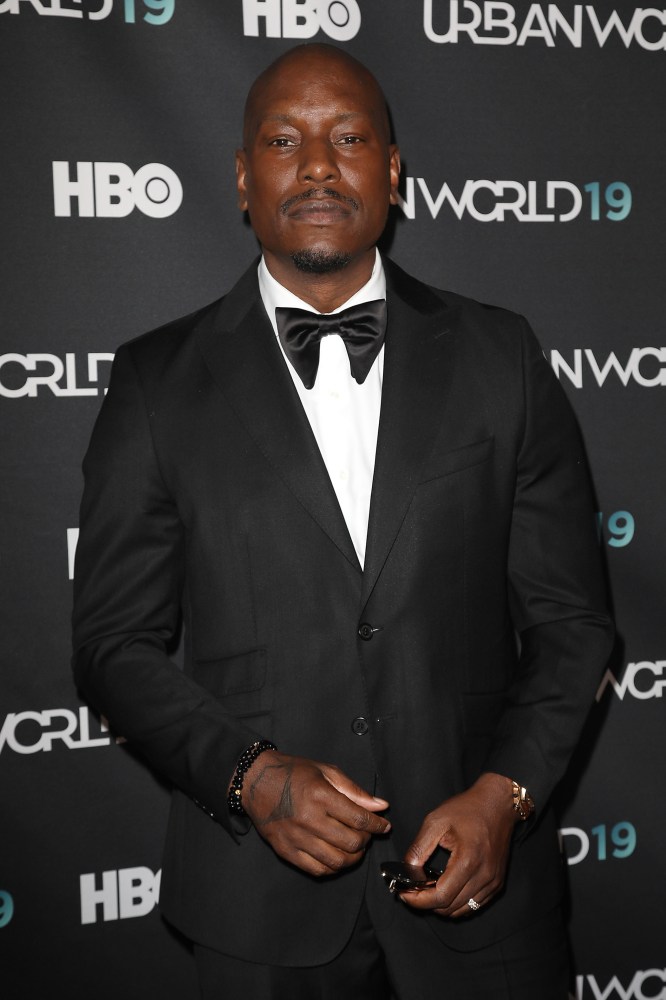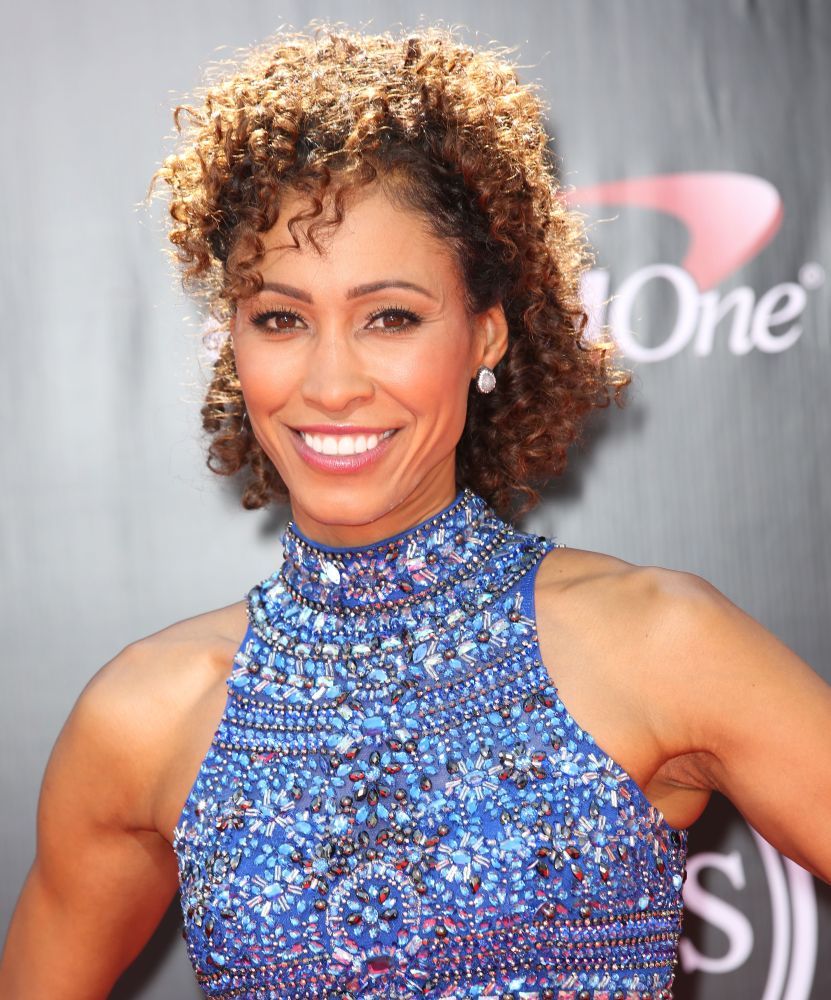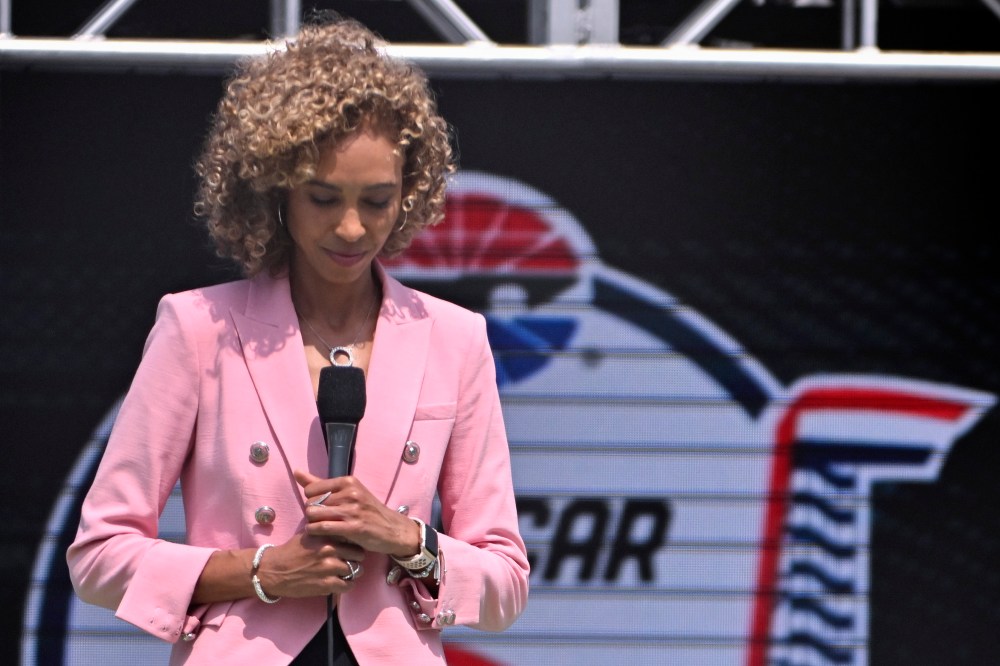Geena Davis has long been an advocate for gender equality in the film industry and she's recently been opening up about her own inappropriate encounters from the past to help spur the #MeToo movement.
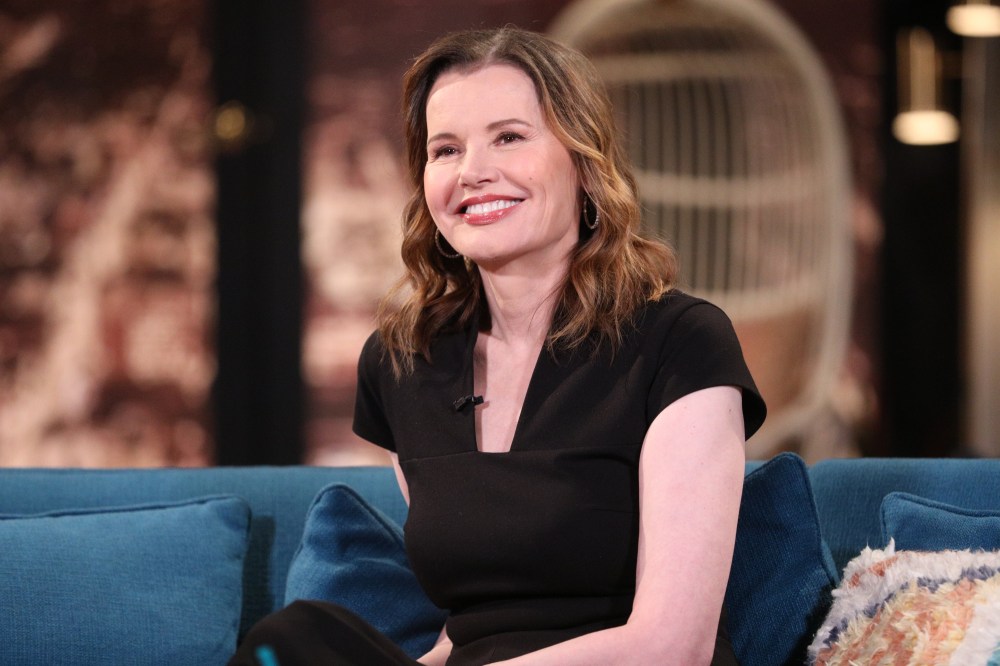 Jordin Althaus/E! Entertainment/NBCU Photo Bank via Getty Images
Jordin Althaus/E! Entertainment/NBCU Photo Bank via Getty Images
While doing press for the new gender discrimination documentary "This Changes Everything," the Hollywood veteran opened up about a specific uncomfortable instance in which a director made her sit on his lap to enact a sexy scene.
"There's probably a million examples," Geena told USA Today on Saturday, Aug. 10, of sexist interactions during her career. "One was very early on: I was auditioning for a part where in one scene, my character was going to be sitting on the lap of the male character. The director said, 'Just act the scene out with me,' and made me sit on his lap. It was kind of a sexy scene."
The "Glow" star explained that women didn't realize they could stand up for themselves back then, adding, "I didn't want to do it, and I was very uncomfortable, but I didn't know you could say no."
Now, she's using her voice to ensure that the chauvinistic mentality once engrained in the entertainment industry becomes a thing of the past.
"Hopefully in the time of #MeToo and Time's Up, women aren't going to have to suffer through that," she continued. "It's pretty standard that you don't meet alone with a man in a private room or hotel suite anymore, but plenty of that stuff goes on and has gone on for a long time."
"This Changes Everything," released on Aug. 9, takes a candid look at gender equality in Hollywood with firsthand accounts from seasoned actresses, like Geena, Meryl Streep, Natalie Portman, Reese Witherspoon, Sandra Oh, Jessica Chastain, Taraji P. Henson and Tiffany Haddish.
Geena discusses implicit bias in the documentary, making a call to action for more female directors behind the camera.
"I really do feel that we're at the beginning of a tipping point," Geena said in a clip posted to Instagram. "What I'm really waiting for is the director situation to change because even though there's been a little progress, there needs to be wholesale progress where it's just as likely to be a female director as a male."



